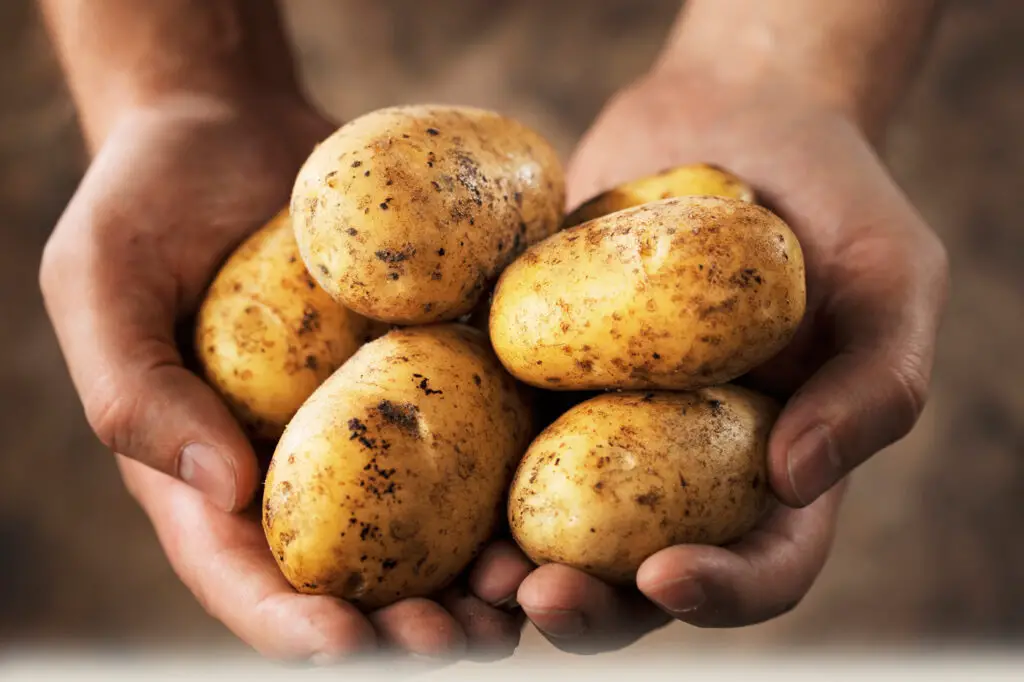The average potato yield in Sub-Saharan Africa stands at 7.8 tonnes per hectare. This is too low compared with India at 23.7 metric tonnes per hectare and a global average of about 21 tonnes. Whereas many African countries with vast agricultural potential import the crop, Egypt is an exception. With the exception of Egypt and
[elementor-template id="94265"]
